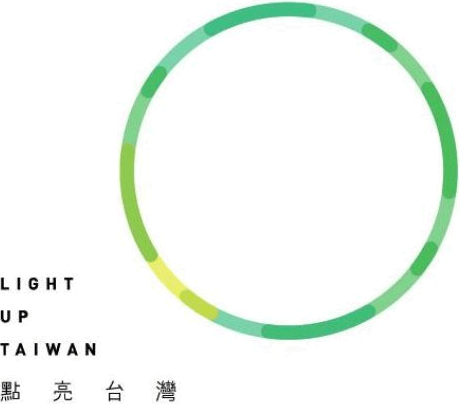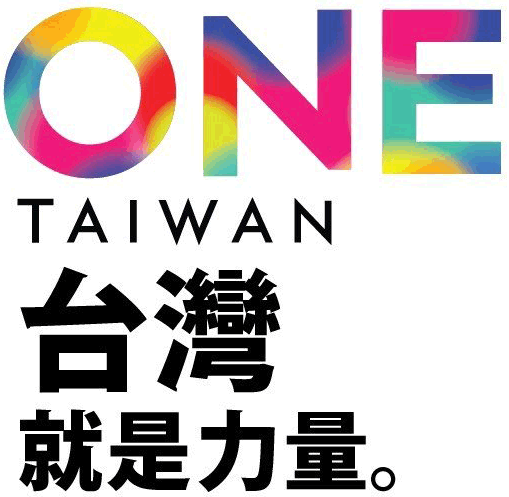I’m far behind on writing about Taiwan’s upcoming election. The logos for the two main candidates in the presidential race were revealed about a month ago.
First up is the presidential campaign logo for Tsai Ing-wen (蔡英文 / Cài Yīngwén): “LIGHT UP TAIWAN 點亮台灣” (Diǎn liàng Táiwān).

And here is the campaign logo for the Kuomintang’s presidential candidate, Hung Hsiu-chu (Hóng Xiùzhù / 洪秀柱), er, Eric Chu (朱立倫 / Zhū Lìlún): “ONE TAIWAN 台灣就是力量” (Táiwān jiùshì lìliang).

It’s hard not to be struck by the fact that both prominently feature English slogans even though Taiwan has a distinct shortage of English-speaking Westerners who are eligible to vote here. (And, anyway, most such immigrants can read the Chinese characters.) For that matter, in both logos the English slogan comes first. That’s how cool and modern English is seen to be in Taiwan, even though it’s not an official language here. Coincidentally, one of the candidates is even named “Ing-wen” (“English language” / Yīngwén / 英文).
Sure, it’s window dressing; but it’s still window dressing in English.
In 2012 both major candidates had English slogans. Ma Ying-jeou used “Taiwan bravo;” and Tsai Ing-wen used “Taiwan next,” though Ma didn’t make such prominent use of English then as Chu is doing this year. My impression is that the Democratic Progressive Party embraced English much earlier than the Kuomintang but the KMT has since caught up with the DPP in this.
And, as was the case in the previous election, I’d like to note that both candidates used “台灣” rather than “臺灣” for “Taiwan,” despite the Ma administration’s declaration that the latter is the proper form.
further reading: Platform on tai?, Pinyin News, December 30, 2011
